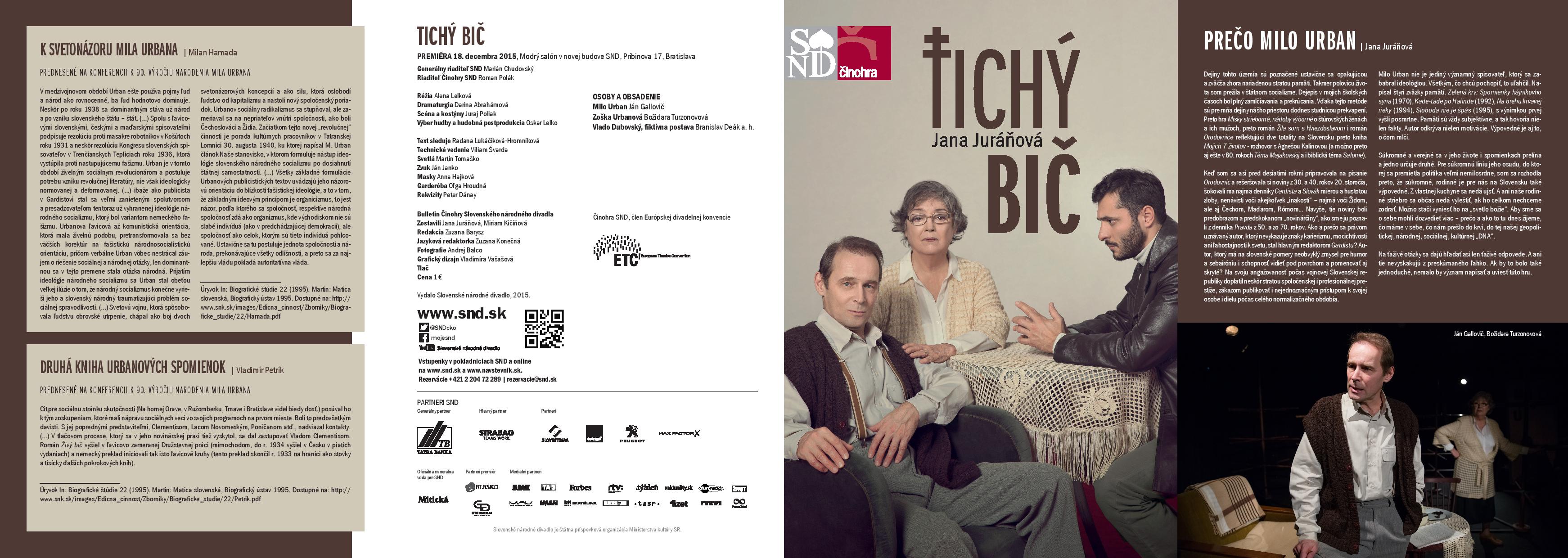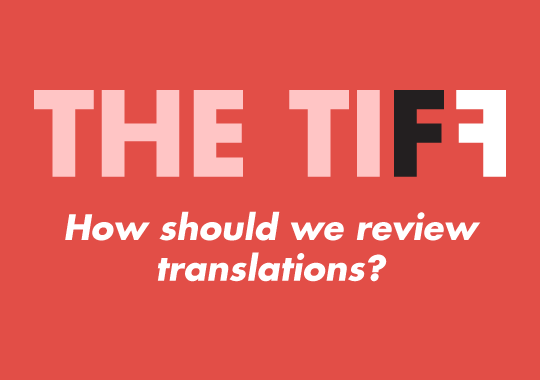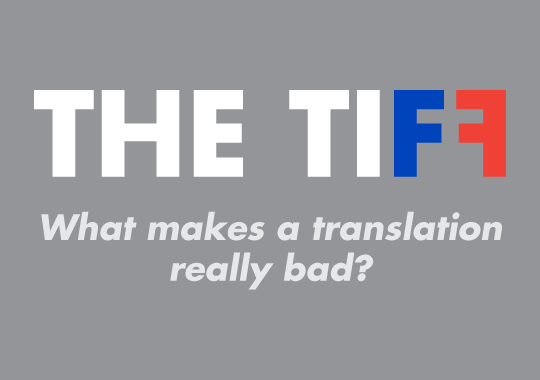It’s that time of year again, dear readers—we at Asymptote blog are on the hunt for the freshest, funniest, most clever and on-the-pulse writing you’ve got, related to literature, translation, and the way words shape our world.
Like our journal, we are committed to publishing creative, original, and knife-sharp pieces in conversation with world literature, translation, and global culture—which means we love to read and publish original pieces and translations by writers, thinkers, and artists like you. So if you have something to say, read on—and get in touch!
Asymptote blog looks for voice, depth, and topicality in its postings. We welcome regular and one-time contributors, and publish essays, dispatches from literary events, interviews, book reviews, in-depth examinations of the world-at-literature and the world-at-large, as well as weekly new translations of poetry, fiction, nonfiction, and drama!
***
Highlights from the blog’s recent past include:
Nina Sparling takes an up-close look at food, translation, and literature—how do we read “terroir,” Emile Zola’s Les Halles, and Colette’s kicked fish?
Florian Duijsens’s “Pop Around the World” column examines “House of the Rising Sun,” well, around the world.
In The Tiff, a new recurring column, leading translators debate some of the field’s most pressing current issues.
Matthew Spencer’s on-the-edge column The Orbital Library teases out the intersections of the sci-fi genre and translation.
A conversation between two legends of Russian-to-English literary translation is uncovered—picking bones over a Russian restaurant menu, of all things.
Josh Billings discusses the often-fascinating histories behind the wheeling-and-dealing ghosts of world literature—its translators!
***
If you’d like to contribute, but don’t quite know where to start, here are a few simple ways you can join the list of blog contributors:
1. We’re looking for reviewers to write about new translated or translation-related books. In your e-mail, talk about a few works you would like to review and why.
2. We’re also looking for translations, published every Tuesday in an ongoing series (predictably dubbed Translation Tuesday). In your e-mail, let us know your translation ideas, as well as your connections with authors or specific works. Permission and rights are necessary prior to publishing.
3. We’re looking for general musings related to translation, poetics, writing, the industry, current events, politics, visual arts, film—whatever fits your fancy! We’re amenable to all sorts of different writing
Variety is our bread-and-butter, so if you have something new you’re itching to say, we might just be the platform for you! Please send us a proposal with some information about you, how you’d like to contribute, and a writing or translation sample at blog@asymptotejournal.com. Rolling deadline.







